The pipeline
From theory, through implementation, to real-world impact
Quantum technology promises a speedup over classical computers in a wide range of applications.
But, realising and utilizing this advantage requires breaking barriers in development, optimization, benchmarking and targeting of quantum algorithms

Quantum machine learning and artificial intelligence
Artificial intelligence applications are rapidly becoming some of the main consumers of our computational resources. Fortunately, quantum computing may provide substantial boost in large data analysis, AI planning and reasoning problems alike. Our research in aQa is providing new ways to utilize quantum resources for such complex AI problems. For more information, read here, here, or here.
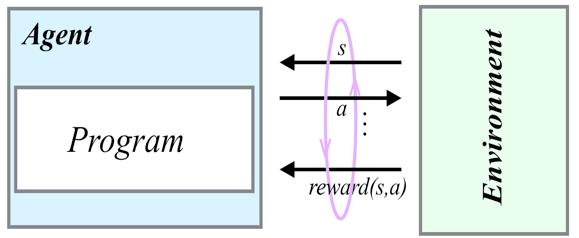


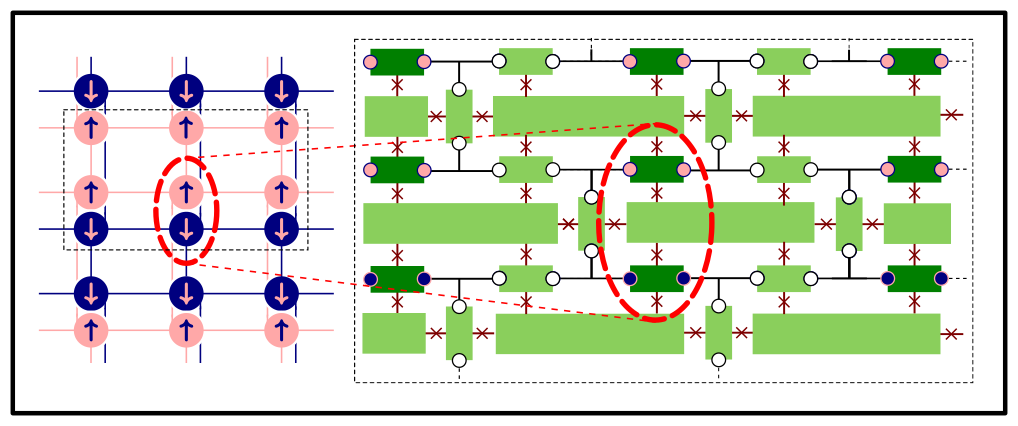
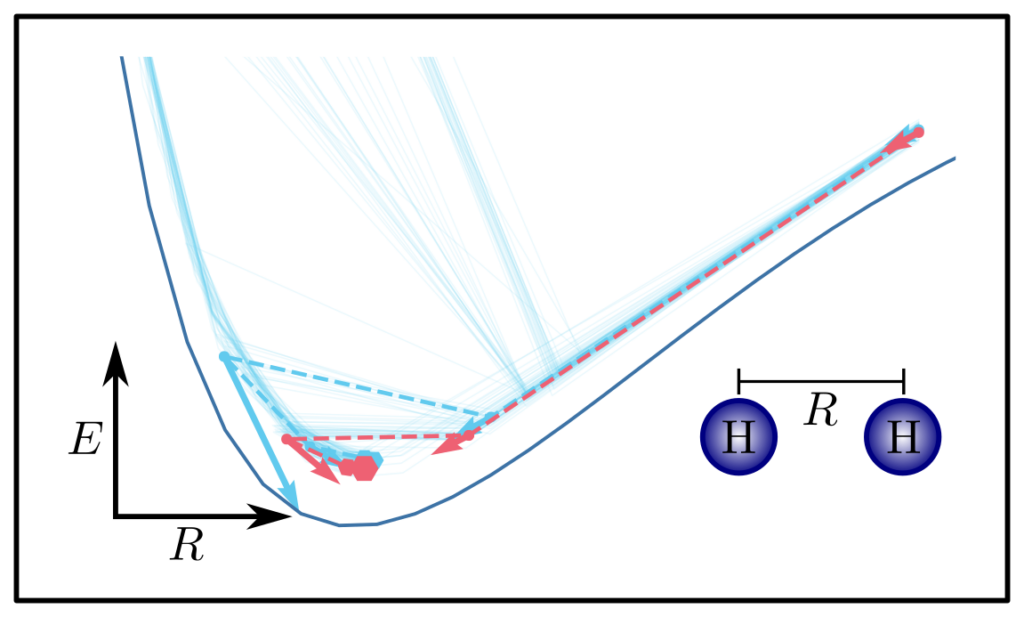
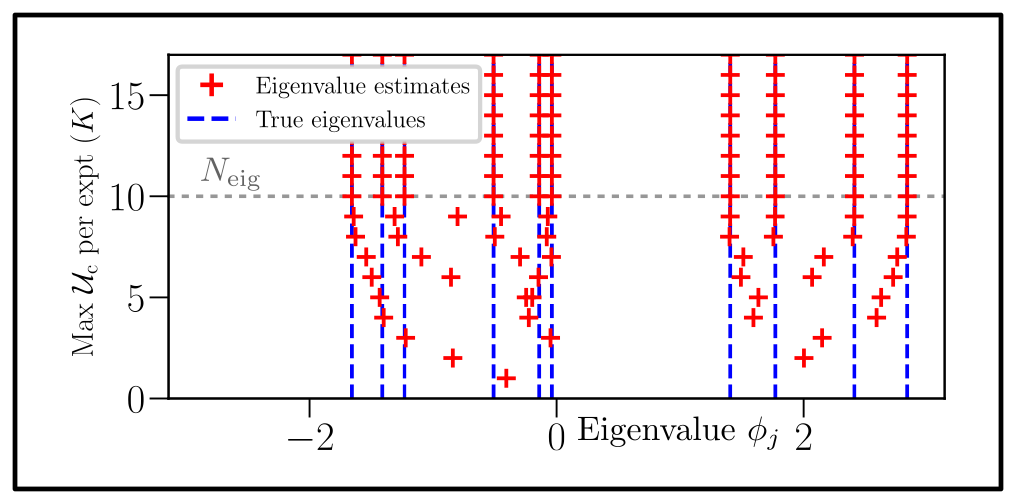
Quantum chemistry and quantum simulation
The molecules that make up the world around us follow the laws of quantum mechanics. This makes them difficult to simulate and understand on a classical computer. At aQa, we are designing and optimizing quantum algorithms to target quantum chemistry, and finding new targets for a future quantum computer. You can read more here, here, and here.
Hybrid quantum-classical computing
Quantum computers work best when leveraging classical machines to perform all but the most challenging tasks. This is of critical importance in the near-term, where short coherence times and limited numbers of qubits prohibit long quantum circuits from being run. Read more here, here, here, here and here
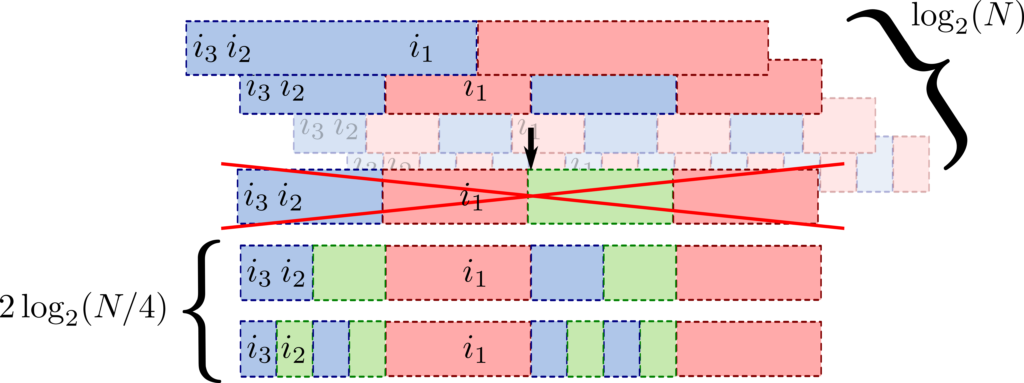
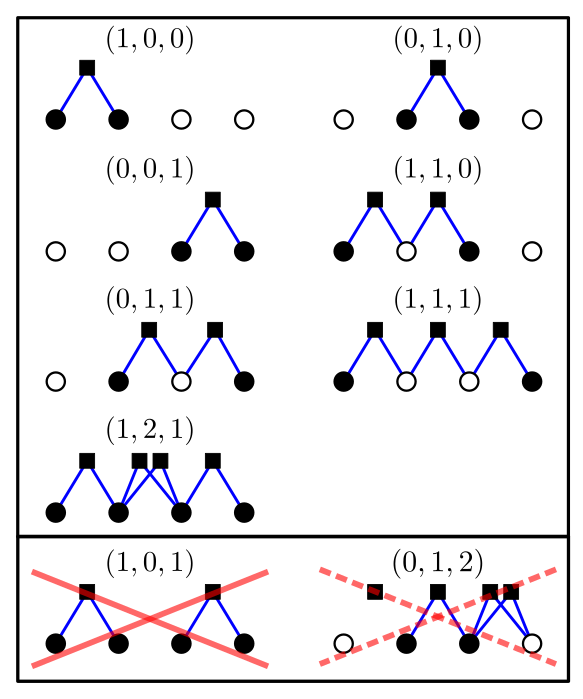
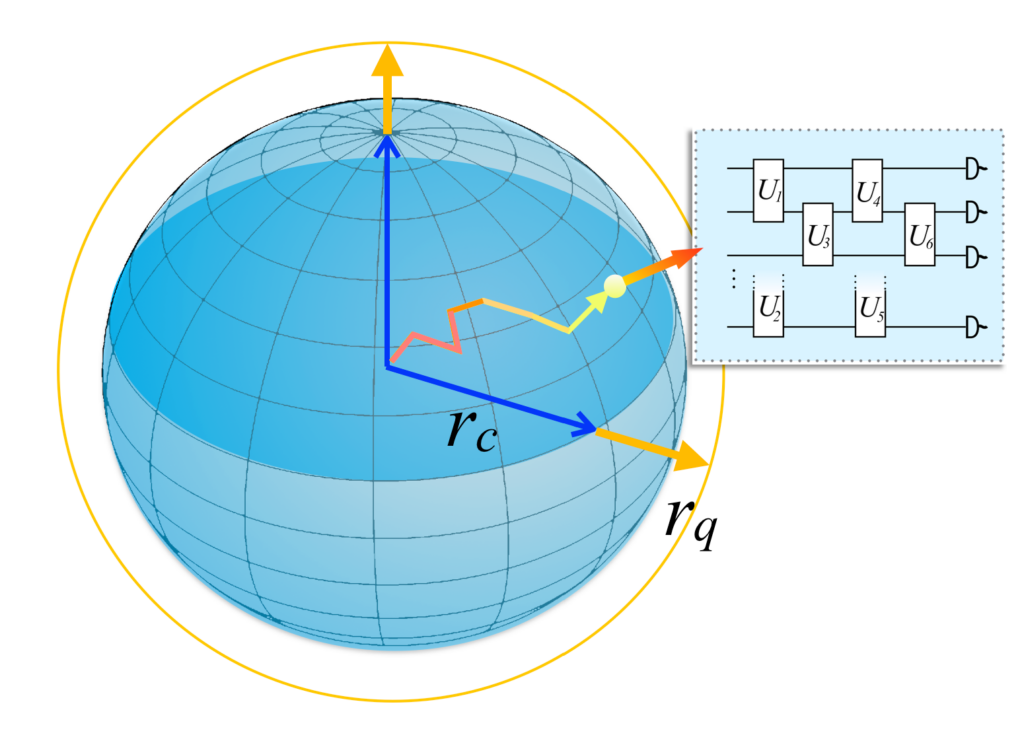
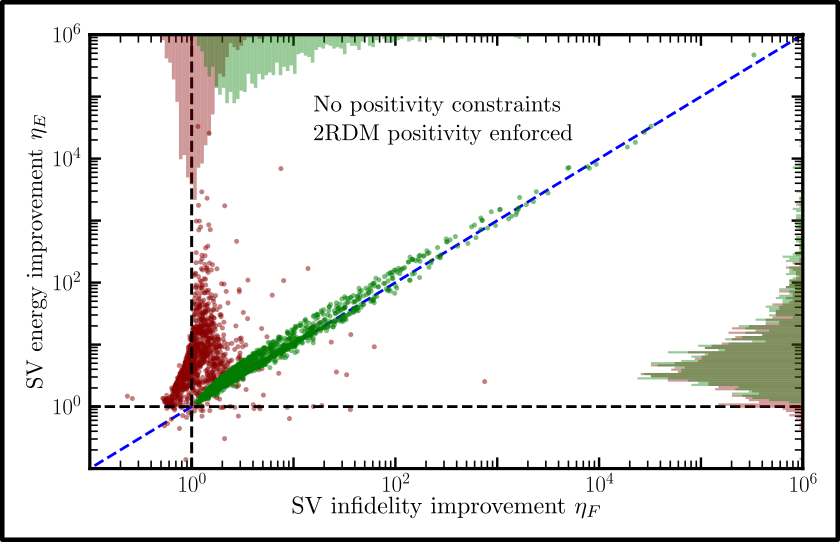
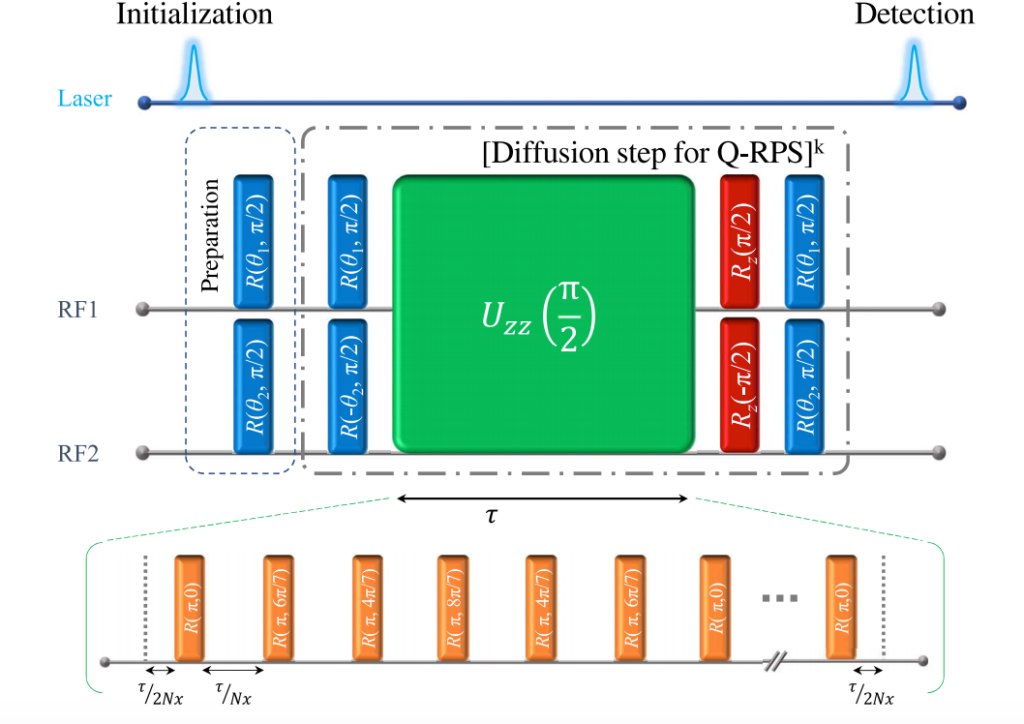
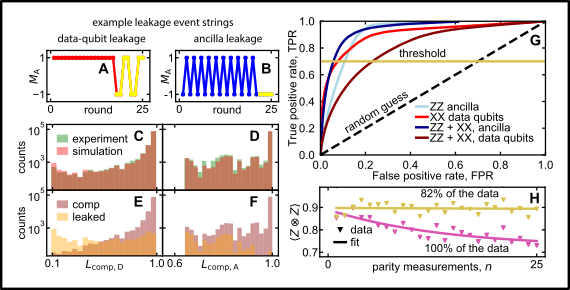
Near-term implementations and benchmarking
To make the transition from paper to reality, quantum algorithms need demonstration on prototype quantum devices, and benchmarking to probe the scalability of any approach. At aQa, we use state-of-the-art experimental technology in collaborating research groups to test the quantum algorithms of tomorrow. See our results in more detail here, here, and here.
Quantum error correction and error mitigation
Quantum states are incredibly fragile, and quantum computers need large amounts of error correction and error mitigation to reach the coherence requirements for speedups over their classical counterparts. At aQa, we study efficient QEC implementations, exploiting symmetries of quantum systems, and utilizing AI methods for more efficient codes and decoders. Read more here, here, here, and here.
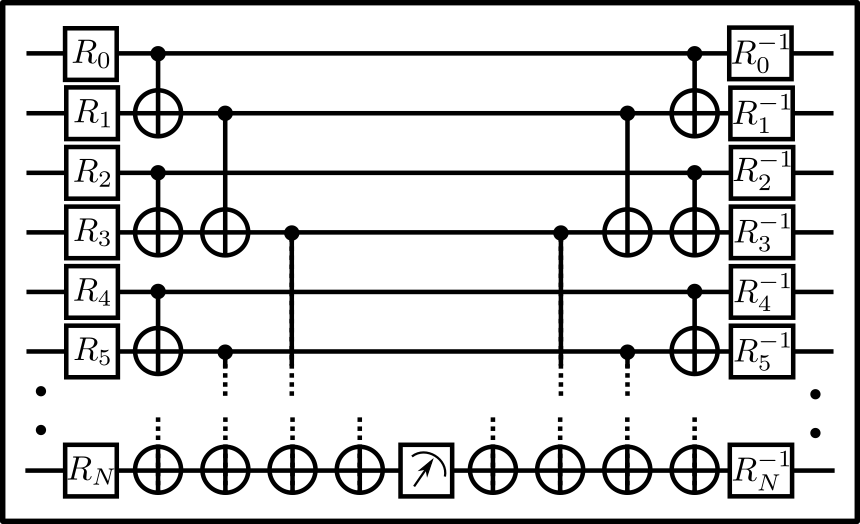
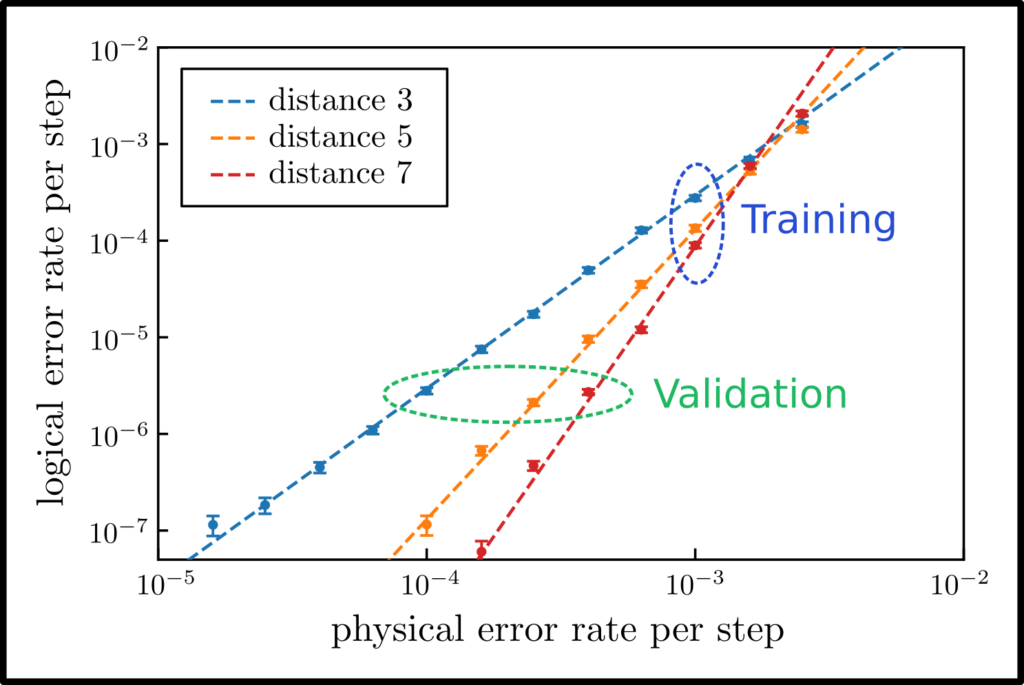
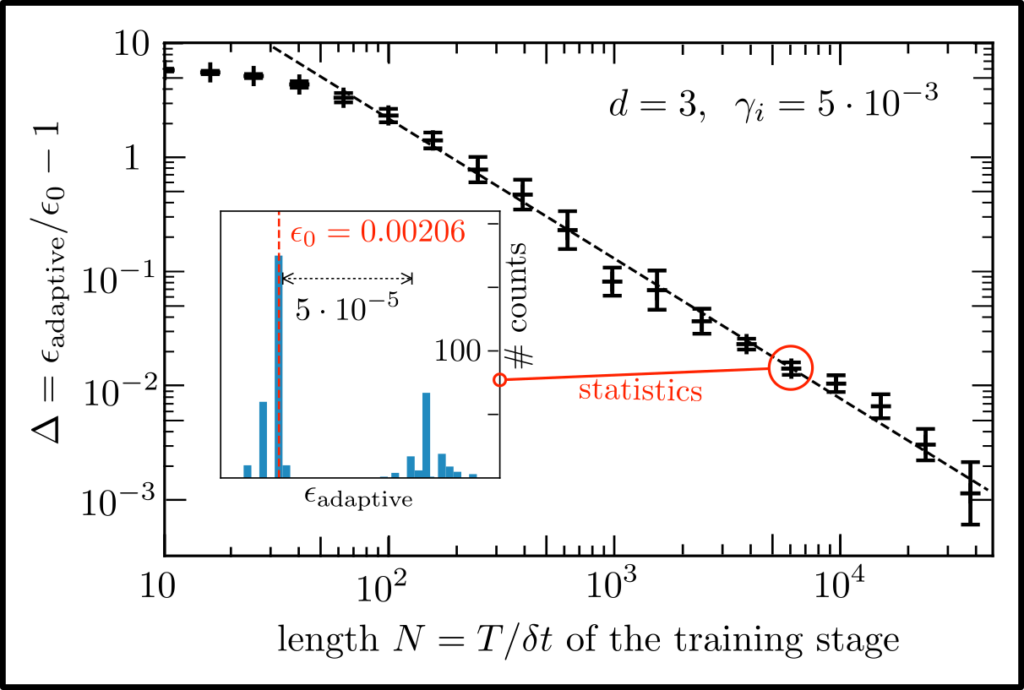
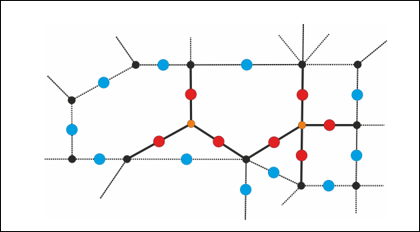
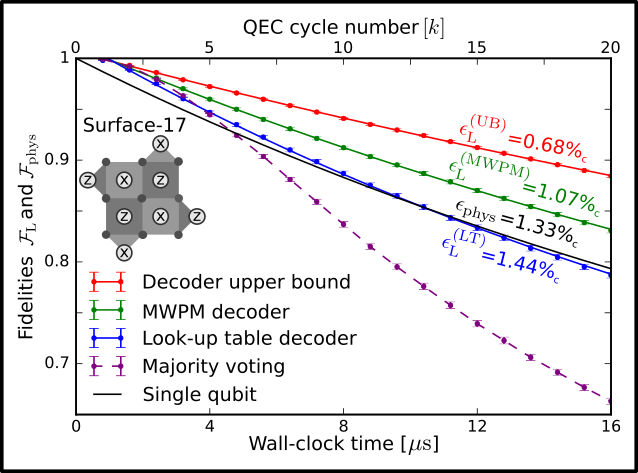
Projects
aQa is active in pursuing a number of academic and industry-involved collaborations. Here is a listing of our most recent funded projects
FINE-TEA-SQUAD
5-year ERC Starting Grant dedicated to develop a unifying framework to yield the FIrst NEar-TErm ApplicationS of QUAntum Devices.
For more information about the project contact Jordi Tura.
RAGECLIQ
Google Research Scholar Award for RAndomness GEneration with Certification via LImited Quantum devices.
For more information about this project, contact Jordi Tura.
SuperQuLAN
3-year European FET-Open project dedicated to coherently link different individual superconducting quantum computing devices in a resource-efficient and modular way.
Project website: https://www.superqulan.eu/
BeyondC
4-year Special Research Programme (SFB). aQa participates as an associate to the BeyondC consortium, composed of Austrian and German research groups. Our focus lies in the development of quantum information protocols with limited resources.
Project website: https://beyondc.at
NEASQC
4 year H2020 Europe-wide project in the scope of the Quantum Flagship involving 11 participants from academia and industry, dedicated to achieving quantum advantages in concrete industrially-relevant case studies.
Project website: http://neasqc.eu/
QC4QC
Joint project between SURFSara, aQa and the SAILS Leiden initiative, developing everything from software infrastructure to new quantum algorithms, which help us exploring the potential of quantum computing for quantum chemistry problems.
Project website: https://www.surf.nl/quantum-computing-for-quantum-chemistry-qc4qc
HybridQML
A project dedicated to the development of hybrid divide and conquer methods for machine learning on near-term quantum computers, supported by the Google through an unrestricted gift.
For more information on the project contact Vedran Dunjko.
New project announcements
Dutch and Japanese academics and Qu&Co working together to bridge the gap between quantum computing theory and real-world applications
Qu&Co a leading European quantum software developer will be collaborating with Vedran Dunjko of the Leiden University applied Quantum algorithms (aQa) initiative and with Tomoyuki Morimae of Kyoto University on research into novel quantum computational algorithms and methods.
The collaboration will focus on the development of specialised classes of quantum algorithms for quantum enhanced machine learning and for complex system verification. Application areas of interest for the collaboration will be related to the financial sector including trading and asset management.
“Quantum computing hardware is slowly becoming available, but quantum resources are still limited and so is our understanding of how we can best employ such devices. However, given the recent progress in quantum-enhanced machine learning, this application field seems a promising candidate for realizing a quantum advantage with near term quantum hardware.” Commented Vedran Dunjko, assistant professor in Leiden and a co-founder of aQa.
“Although machine learning may intuitively not seem like a quantum native problem, our recent progress in this field, for instance in using quantum circuit learning approaches for solving complex differential equations, shows that, with the right approach, there is a lot of potential in quantum enhanced machine learning” said Benno Broer, CEO at Qu & Co.
One future obstacle to circumvent is how to guarantee the quality of quantum computational solutions, once these computations are beyond the reach of classical computers typically used to benchmark their results.
“Quantum computers offer not just faster computations, but also new fundamentally quantum methods to ensure the computations are correct. We will investigate if these methods can lead ways to guarantee the quality of results of quantum computations”, explained Tomoyuki Morimae, associate professor in Kyoto University.
Results of this collaboration will come to benefit the budding quantum technology landscape in the Netherlands and Japan.

